Fruit Tree Recommendations
pixie_lou
9 years ago
Related Stories

EDIBLE GARDENSHow to Grow 10 Favorite Fruit Trees at Home
Plant a mini orchard in fall, winter or early spring to enjoy fresh-off-the-tree fruit the following year
Full Story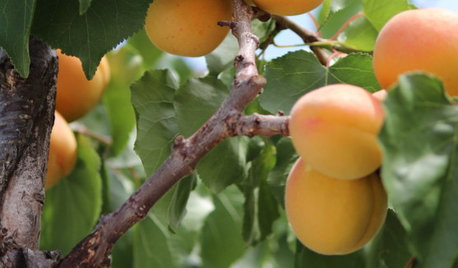
FARM YOUR YARDIf You Have Room for Only One Fruit Tree ...
Juice up a small garden with one of these easier-care or worth-the-effort fruit trees for a mild climate
Full Story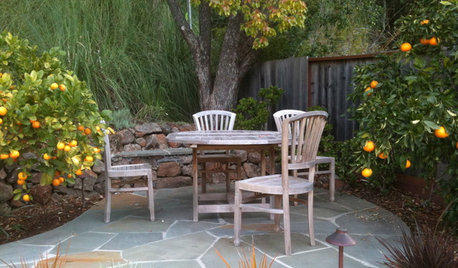
GARDENING AND LANDSCAPINGCrazy for Fruit Trees
Whether a single citrus or a mini apple orchard, even the smallest landscape space can bear deliriously delicious fruit
Full Story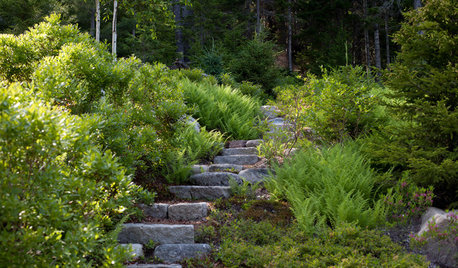
GARDENING GUIDESGreat Design Plant: Grow Blueberries for Their Fruit and More
Eastern gardeners should consider growing blueberry plants for their delicious fruits, bee-friendly spring blooms and brilliant fall foliage
Full Story
MOST POPULARHow to Get Rid of Those Pesky Summer Fruit Flies
Learn what fruit flies are, how to prevent them and how to get rid of them in your home
Full Story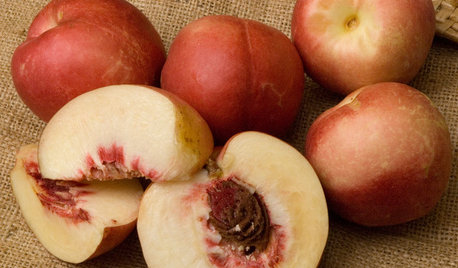
EDIBLE GARDENSGrow Plum Hybrids for Your Favorite Fruit Flavors
Plums are cozying up with apricots, peaches and even cherries — here’s how to grow these hybrids for the best aspects of each
Full Story
GARDENING GUIDESHow to Keep Your Citrus Trees Well Fed and Healthy
Ripe for some citrus fertilizer know-how? This mini guide will help your lemon, orange and grapefruit trees flourish
Full Story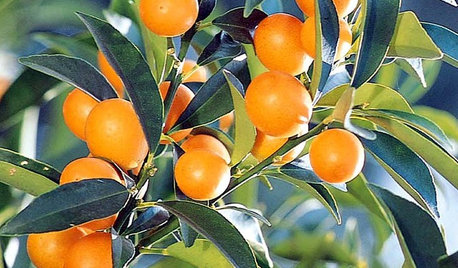
FALL GARDENING5 Fall Fruits You Can Grow in Containers
Brighten your porch or patio with a potted pomegranate, kumquat, blueberry bush or another great fall fruit
Full Story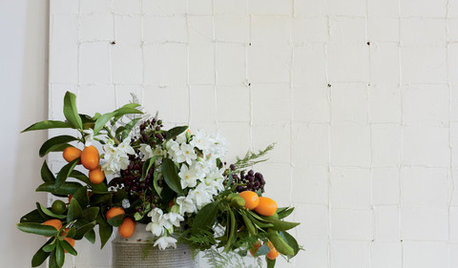
DECORATING GUIDESPut Your Best Fruit Forward in Splendid Fall Arrangements
Luscious, colorful and unbeatably fresh, fruit-centered arrangements bring welcome flavor to fall home decor
Full Story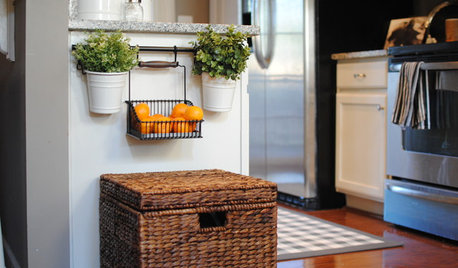
Fruit Displays Sweeten Summer Interiors
Eating the rainbow takes on a new meaning in these seasonally inspired fresh fruit accents
Full StoryMore Discussions






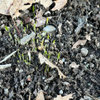
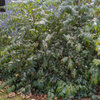

seanm10660 z6b
NHBabs z4b-5a NH
Related Professionals
Wrentham Landscape Architects & Landscape Designers · Hershey Landscape Architects & Landscape Designers · Hyattsville Landscape Architects & Landscape Designers · Bloomington Landscape Contractors · Clayton Landscape Contractors · Lady Lake Landscape Contractors · South Lyon Landscape Contractors · Tewksbury Landscape Contractors · Wareham Landscape Contractors · Silver Firs Landscape Contractors · Kyle Decks, Patios & Outdoor Enclosures · Lansdale Decks, Patios & Outdoor Enclosures · Montgomery County Decks, Patios & Outdoor Enclosures · Salisbury Decks, Patios & Outdoor Enclosures · Westford Decks, Patios & Outdoor Enclosurespixie_louOriginal Author
tree_oracle
edlincoln
diggingthedirt